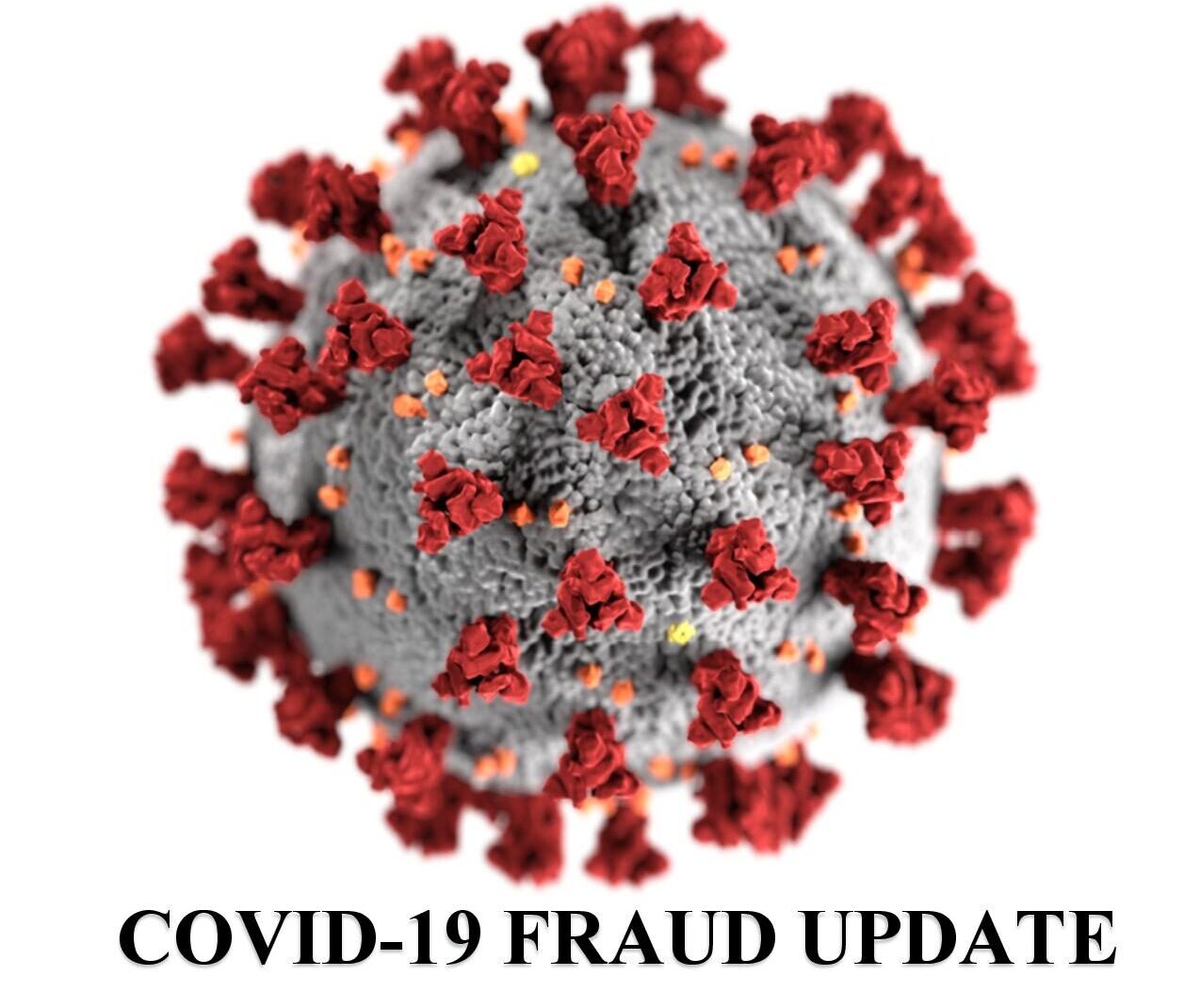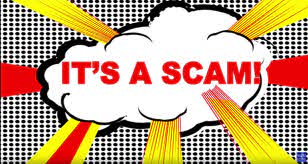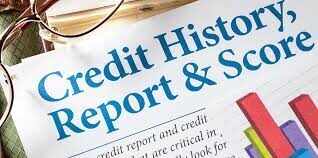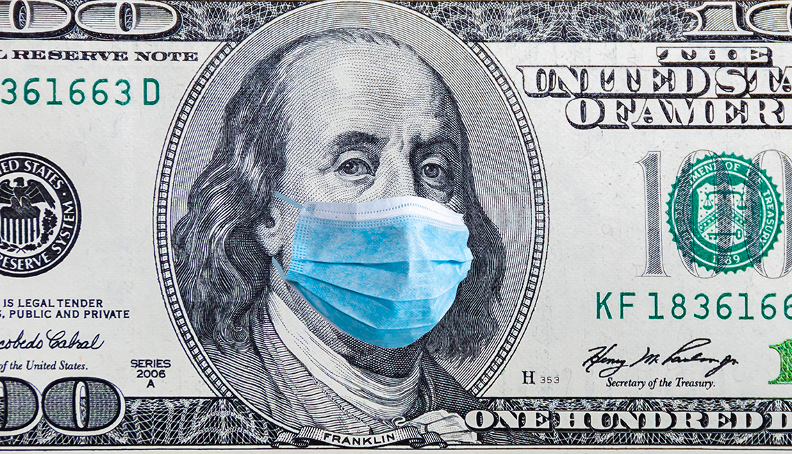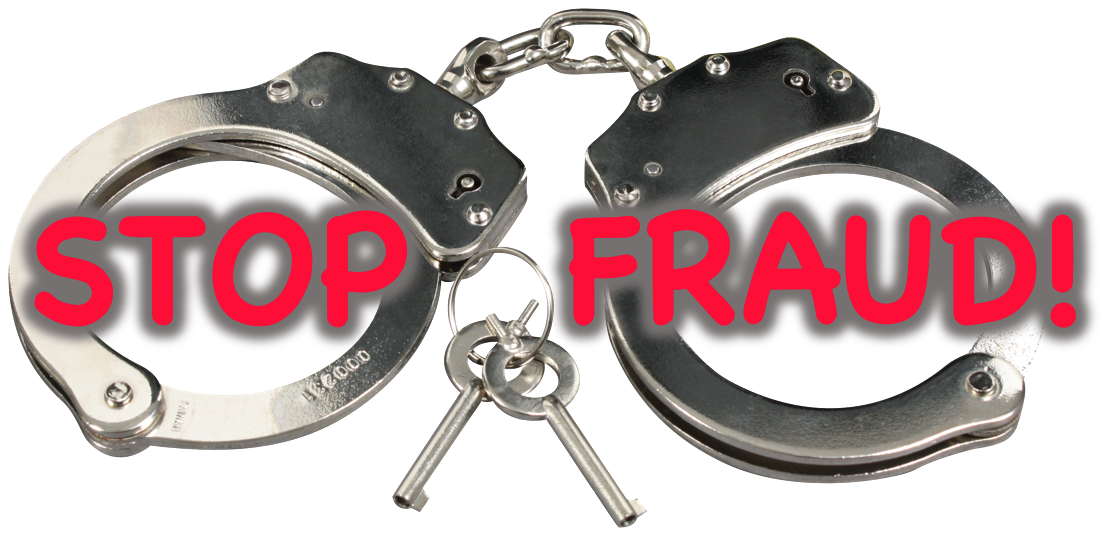How to Avoid Buying Fake COVID Tests Online
The news is filled with images of long lines at in-person COVID testing sites and reports of limited supplies of at-home test kits. It’s not a surprise that the U.S. Food and Drug Administration is reporting fake and unauthorized at-home testing kits are popping up online as opportunistic scammers take advantage of the spike in demand. Using these fake products isn’t just a waste of money, it increases your risk of unknowingly spreading COVID-19 or not getting the appropriate treatment. If you are shopping online for COVID test kits and related items: Make sure the test you’re buying is authorized by the FDA. Check the FDA’s lists of antigen diagnostic tests and molecular diagnostic tests before you buy to find the tests authorized for home use. (EUA is “emergency use authorization.”)Check out a seller before you buy, especially if you’re buying from a site you don’t know. Search online for the website, company, or...
Holiday Season Scams
‘Twas the holiday season, when all through the land, online shoppers clicked quickly to get gifts in hand. But while they were adding toys to their carts, a holiday scammer was practicing his art. “Free gift cards! Free presents! Just follow this link!”He hoped hurried shoppers would not stop and think.But one savvy shopper saw the email and knew: “This is a scam! It’s too good to be true!” To the IC3, the shopper reported the crime, and that holiday scammer is now doing time.We worked with our partners to solve this case, but remember—your tips help keep us all safe! Source: FBI's Internet Crime Complaint Center (IC3) Online Shopping Scams The most common frauds are credit card fraud, non-delivery of things that people paid for, and counterfeit items. According to the FBI's Internet Crime Complaint Center (IC3), non-delivery of goods cost consumers $200 million in losses last year. Credit card fraud accounted for another $100 million. You may be able to assist law enforcement in prosecuting these scammers. Report your formation to the FBI at ic3.gov. The ability to process your complaint will be based on the accuracy and completeness of the information provided. Fake Check Scam...
Holiday Scams
When you talk with friends and family over the holidays, you may hear about new puppies, old sports rivalries, and dreams of the next vacation. As you join the conversation, why not share some ideas to protect the people you care about from scams? Solutions 1. Hang up 2. Do not disclose information during the call 3. Obtain free credit report (click here) 4. Do not call registry (register here) Identity Theft Someone gets your personal information and runs up bills in your name. They might use your Social Security or Medicare number, your credit card, or your medical insurance — along with your good name. How would you know? You could get bills for things you didn’t buy or services you didn’t get. Your bank account might have withdrawals you didn’t make. You might not get bills you expect. Or, you could check your credit report and find accounts...
Protect Your Credit Information From Fraud
Do you have good credit hygiene? Good credit hygiene includes personal habits and behaviors that can prevent you from financial harm. A quick review of this Fraud Alert will remind you of basic best practices to manage your credit information. Just like you would wash your hands and socially distance to prevent the spread of disease, this Fraud Alert will arm you with essential information to prevent credit information fraud: (1) What It Is, (2) What To Know, and (3) What To Do. Please share this link with family and friends to spread the word. What It Is. What is a credit history? Sometimes, people talk about your credit. What they mean is your credit history. Your credit history describes how you use money: How many credit cards do you have?How many loans do you have?Do you pay your bills on time? If you have a credit card or a loan from a...
COVID-19 Related Procurement Fraud is on the Rise
COVID-19 is wreaking havoc on the supply chain of goods worldwide. This is especially true in the health care sector where there are shortages of medical-related commodities, including personal protective equipment (PPE), ventilators, medical equipment, testing supplies, and pharmaceuticals. The United Nations and the World Health Organization (WHO) have established a Supply Chain Task Force to address the issue of rising demand, panic buying, hoarding and misuse. Based on WHO modeling, an estimated 89 million medical masks, 76 million examination gloves, and 1.6 million goggles are required for the COVID-19 response each month. The surge in demand for medical commodities also creates challenges for an organization’s procurement function. Organizations may be required to deviate from their best practices, take shortcuts, and resort to utilizing a sole source or making emergency purchases from unknown vendors. The pressure to meet the urgent demands of health care providers may also result...
Top 10 COVID-19 Frauds
Law enforcement and regulators are reporting a record number of frauds relating to COVID-19. In fact, the Federal Bureau of Investigation’s Internet Crime Complaint Center (IC3) reported an increase in complaints from hundreds a day to more than a thousand a day. Victims are experiencing tremendous fear and anxiety thereby making them more vulnerable to fraud. Many new frauds are evolving due to the COVID-19 crisis. Fraudsters are also exploiting old frauds that have been repurposed for COVID-19. The federal programs under the $2 trillion U.S. Coronavirus Aid, Relief, and Economic Security Act (CARES Act) are particularly vulnerable to fraud. Through awareness, we can prevent our businesses, colleagues, and clients from becoming victims to these frauds. Although there are many frauds associated with COVID-19, below are some of the many frauds being perpetrated. 1. Prepayment schemes are costing purchasers millions of dollars. These fraudsters are selling medical equipment...
BEC Fraud
The Business Email Compromise (BEC) fraud is the #1 fraud attacking business in the United States and worldwide. The FBI advises this fraud increases each year and now exceeds $1billion annually.The fraudster:1. Identifies a target2. Grooms the target through unsuspecting emails.3. The victim exchanges banking information.4. The fraudster transfers funds from the victim to a foreign account. Source: FBI.gov Since 2013, when the FBI began tracking an emerging financial cyber threat called business e-mail compromise (BEC), organized crime groups have targeted large and small companies and organizations in every U.S. state and more than 100 countries around the world—from non-profits and well-known corporations to churches and school systems. Losses are in the billions of dollars and climbing. At its heart, BEC relies on the oldest trick in the con artist’s handbook: deception. But the level of sophistication in this multifaceted global fraud is unprecedented, according to law enforcement officials, and...

A comprehensive fraud guide written by a former FBI Agent.

